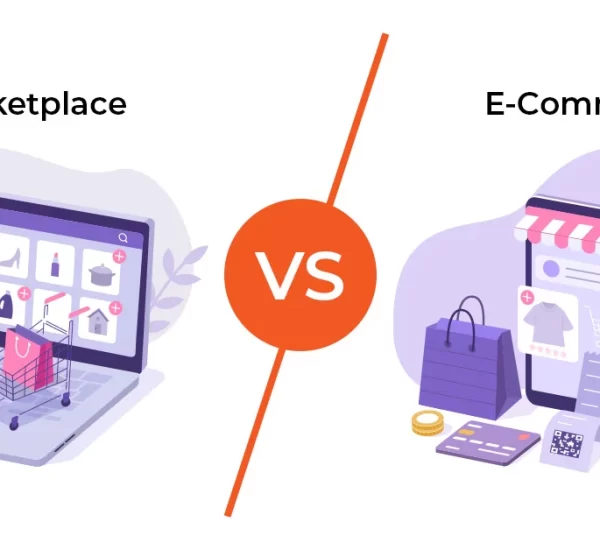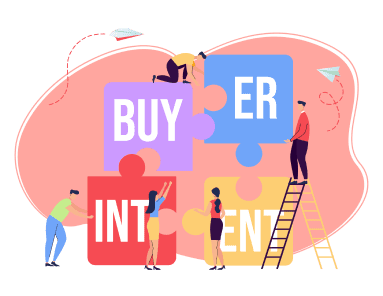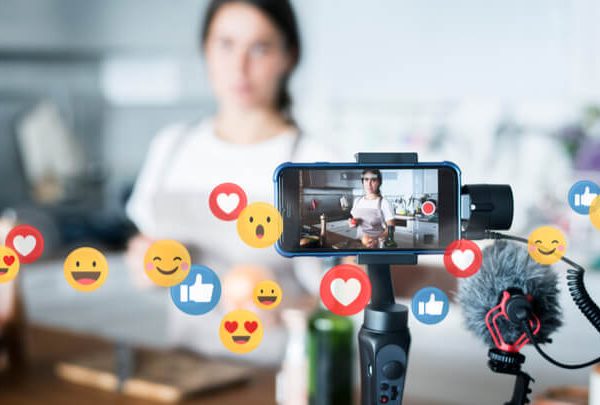Table of Contents
New Privacy Changes, guidelines, and information strategies will on a very basic level change the manner in which organizations arrive at clients.
Here’s the reason that is an incredible open door.

At this point, you’ve most likely heard in excess of a couple of thunderings about the information security guidelines set to produce results in the coming months.
Regardless of whether it’s the E.U., Google, Apple, or individual expresses, these new principles about treats and outsider information will everlastingly change how organizations market to and find out about their clients. However, how might that affect the eventual fate of eCommerce?
Actually relatively few individuals know.

At Ospeks, we as of late directed a study of our local area of D2C marks and got some information about their techniques. In particular, we needed to know whether they felt arranged to publicize in a cookieless world and on the off chance that they intend to devote a greater amount of their financial plan to advanced advertising endeavors whenever treats are no more.
Predominantly, the outcomes showed that most of brands aren’t sure yet. (Worry don’t as well, you’re in good company.)
It will Make It Hard for Brands and Advertisers
With such a lot of vulnerability about the impact of the progressions ahead, alongside endless different needs to zero in on, it’s just normal that brands are simply starting to ponder how to adjust.
With all the information and protection issues, and the distinction in following, it will make it hard for brands and publicists to have the option to truly see what stages are meaning for them.
Be that as it may, with more customers accepting eCommerce and more rivalry coming on the web constantly, marks can’t bear to lose their hard-battled energy.

Why a New Strategy Can’t Wait
While what’s to come is hard to anticipate those privacy changes, we do realize that client obtaining costs will very likely ascent after treats disappear and, more regrettable yet, there’s no assurance that expanding promotion spends will yield positive outcomes. (Sorry about that.)
As information gets restricted, promotion personalization and execution are expected to decay, and the full perceivability into advertisement execution will be restricted. This implies that assuming advertisement effectiveness drops by 20%, brands that don’t change their methodology could burn through 20% all the more to hit their past targets.
The hard truth is that, accordingly, brands should depend less on projecting a wide net to arrive at possible clients and make changes. This may strike some as a tremendous test, however, it’s a chance.
Rethinking the Cookie Conundrum
Maybe than lose all sense of direction in the fine print of the approaches of privacy changes in everyone lives, we’d like to rethink these new guidelines as an opportunity to change the relationship that brands have with their clients — an improve that would be in any case.
A mind-boggling larger part of clients as of now shudder at the current model for information assortment in the business world. As indicated by a new Pew study, 79% of Americans communicated worry about how organizations utilize their information. (Incidentally, that is 15 focuses higher than their anxiety about how the public authority utilizes individual information!)
Tragically, there could be no silver shot answer for the issue, and it’s difficult tackled by redistributing promotion spending plans. The appropriate response lies in something a smidgen more mind boggling: making an incentive for your clients.
Disregard the Cookie-Cutter Solutions
To conquer the difficulties of these new impediments, brands should come to see information as a worth trade. All in all, brands will succeed on the off chance that they make important encounters that make clients need to pick in, draw in, and see the advantages of sharing first-party information as opposed to depending on treats.
There will never be been a superior chance for brands to focus on offering worth to clients in return for getting better known by the very brands they love. Maybe than attempting to spend more on promotions to gain less clients, Horowitz proceeds, marks that put resources into credible ways for clients to draw in with them will see profits in devotion, local area and, at last, verbal — which thusly will create higher worth clients after some time.
With security concerns and decides that can change at some random time, the tide for this sort of information model is starting to turn. As per our study, 44% of brands as of now accept that first-party information got straightforwardly from clients is more important than information from treats.
The appropriate response is the thing that we’ve generally known: Brands need to make an incentive for clients that gives them motivation to naturally pick you, and consent to share their information and take part locally, clarifies. However, how would you do that? It’s anything but a simple answer, however protection consistent commitment devices like SMS, steadfastness programs that form enduring connections, and client produced content that makes trust all offer an unmistakable and manageable guide for brands in the post-treat world.
For a ton of reasons, bringing brands nearer to clients is a superior, more future verification way to deal with working together. So with regards to the eCommerce world shifting direction on information, we’re totally supportive of it. Here at Ospeks, we’ll tackle a portion of the particular strategies that brands can take to change in accordance with the new real factors about security in future posts. Yet, for the present, we’re eager to advise you: It’s an ideal opportunity to prepare.





